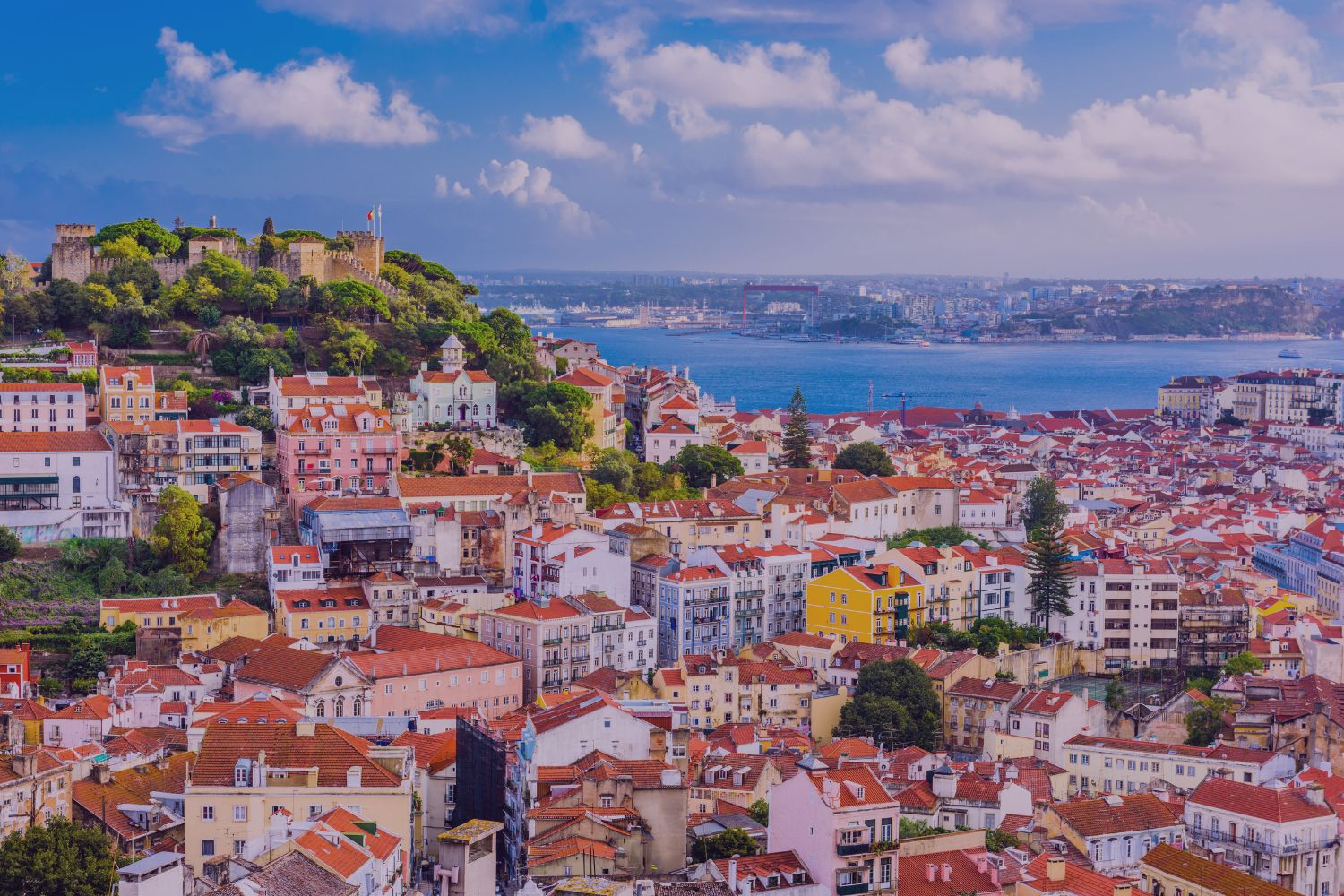Denmark, with its high quality of life, progressive social policies, and stunning landscapes, has become an increasingly popular destination for expatriates seeking a new adventure. From the charming streets of Copenhagen to the serene countryside, Denmark offers a unique blend of modernity and tradition. However, before you embark on your journey to this Scandinavian gem, here are some essential things you need to know to ensure a seamless relocation and a fulfilling experience in Denmark.
Work and Residence Permits
As with most destinations, if you’re planning to work in Denmark, securing the appropriate work and residence permits is essential. The application process involves submitting an application form and supporting documents to the Danish Agency for International Recruitment and Integration (SIRI) or the Danish Immigraiton Service (Udlændingestyrelsen).
EU/EEA citizens: EU/EEA citizens have the right to live and work in Denmark under EU/EEA regulations so do not need a permit. For stays longer than three months, citizens must apply for a registration certificate from the Danish State Administration (Statsforvaltningen).
Non-EU/EEA citizens: Non-EU/EEA citizens must obtain a residence permit to live in Denmark for more than three months and a work permit to work there. Work permits are typically tied to a job offer from a Danish employer and usually initiated on behalf of the employee. There are a number of different types of permits available, including the Pay Limit Scheme, the Positive List Scheme and the Fast-Track Scheme. Each scheme has specific requirements and eligibility criteria based on factors such as salary, qualifications and occupation.
The residence permit required depends on the individual’s circumstances and the purpose of relocation. Common types of residence permits include the Greencard Scheme for highly skilled workers, the Establishment Card for self-employed individuals, and the Corporate Scheme for intra-corporate transferees.
Cost of Living
Denmark consistently ranks among some of the most expensive countries in the world to live in. Accommodation costs make up a significant portion of expenses in Denmark, especially in major cities like Copenhagen and Aarhus. Renting a one-bedroom apartment in Copenhagen city centre can cost between DKK 8,000 – DKK 12,000, although this varies based on location, condition and other external factors. The price of groceries is also relatively high compared with many other countries due to import costs and high taxes.
While the cost of living is high, salaries in Denmark are on average proportionate and rank among the highest in the world.
Housing Market
Finding accommodation in Denmark, especially in cities like Copenhagen and Aarhus, can be competitive. Rental properties are the most common option for expatriates, but be prepared for limited availability and high demand, particularly in desirable neighbourhoods. Denmark has a rent control system in place, whereby rent increases are restricted by law and tied to inflation rates, designed to regulate rental price and ensure affordable housing for residents. New rental properties, though, are not subject to rent control, which can lead to higher prices in newly developed areas. When looking for a property, be aware that tenants are usually required to pay a security deposit of three months’ rent, which is refundable at the end of the tenancy.
Healthcare System
Denmark has a universal healthcare system that provides universal, comprehensive coverage for residents. It is known for giving a high quality of care and patient-centred approach. It is primarily funded through taxes. Expatriates are typically eligible for public healthcare services upon obtaining residency, but some may opt for private health insurance for additional peace of mind and access to private facilities. Familiarize yourself with the healthcare system, register with a local doctor (praktiserende læge), and ensure you have adequate insurance coverage before you need it.
Transportation and Cycling Culture
Denmark is renowned for its cycling-friendly infrastructure and efficient public transportation networks. Cycling is a popular mode of transport for both commuting and leisure, thanks to well-maintained bike lanes and a culture that prioritizes sustainable mobility. Invest in a bicycle and explore the city like a local, or take advantage of Denmark’s extensive public transportation options, including trains, buses, and ferries, for convenient travel across the country.
Education System
If you’re relocating with children, you’ll be pleased to know that Denmark offers a high-quality education system with a strong emphasis on creativity, critical thinking, and student-centred learning. Public education is free for residents, including expatriates with residency permits. Additionally, Denmark is home to several international schools offering various curricula, making it easier for expatriate families to find a suitable educational environment for their children.
Weather and Seasons
Denmark experiences a temperate maritime climate characterized by mild summers, cool winters, and unpredictable weather year-round. Be prepared for frequent rain showers, especially in the autumn and winter months. Invest in quality outerwear, embrace hygge (the Danish concept of coziness), and take advantage of outdoor activities in the warmer months to make the most of Denmark’s natural beauty regardless of the weather.
Relocating to Denmark presents a wealth of opportunities for personal and professional growth amidst a welcoming and progressive society. By familiarizing yourself with these essential insights and embracing the Danish lifestyle, you can embark on this exciting journey with confidence and create lasting memories in your new home away from home. For further support and advice, contact Icon.





